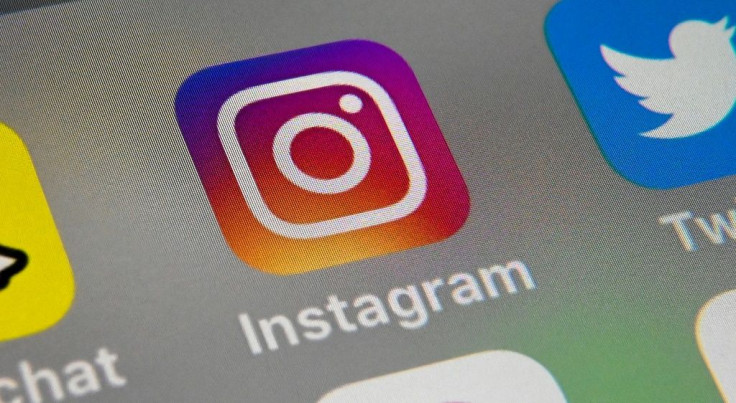Instagram Working To Remove Bias Against Black Users
KEY POINTS
- Instagram CEO Mosseri wants to ensure black voices are heard better on the platform
- The company has received feedback from black users about bias
- A recent study pointed out flaws in the algorithm
Instagram CEO Adam Mosseri said Monday the platform is taking steps to ensure black voices are heard better on the platform. He said he has received feedback from black users about bias and promised to review complaints about harassment and verification.
“The irony that we’re a platform that stands for elevating Black voices, but at the same time Black people are often harassed, afraid of being ‘shadowbanned’, and disagree with many content takedowns, is not lost on me,” Mosseri wrote on the Instagram blog.
Mosseri said he was hearing concerns about whether the platform gives equal voice to all its users.
1/ We stand in solidarity with the Black community. But that’s not enough. Words are not enough. That’s why we’re committed to looking at the ways our policies, tools, and processes impact Black people and other underrepresented groups on Instagram.https://t.co/rVM3E0rFHA
— Adam Mosseri (@mosseri) June 15, 2020
Instagram is working on four areas –harassment, verification, distribution, and algorithmic bias - and also looking into safety issues faced by black users on and off the platform, Mosseri said.
Most importantly, it will review how its content is filtered to check for biases.
Researchers have been pointing out flaws in Instagram for long. According to a study published by Algorithm Watch, the platform prioritizes images showing more skin.
A patent granted in 2015 suggested that pictures are given an engagement metric, which decides whether they show up on a user’s feed or not. This metric is based on not only what a particular user likes, but what all users like.
According to the patent, the gender, ethnicity, and “state of undress” of people in a photo could be used to compute the engagement metric.
These images are also analyzed with software known as computer vision before they show up on a user’s newsfeed. The software is trained based on images suggested by the company, which opens up the algorithm for bias. Such bias often leads to difficult situations — content can be labeled wrongly and users can be shadowbanned, or stealth banned without them being aware of it.
Algorithmic biases have plagued all social media networks and it seems that the diverse political circumstances have forced the companies to have a rethink. It is difficult to train an algorithm without ingrained human bias.
While it is a fine line to tread, Mosseri has stated that the company’s efforts in future will be geared towards making sure that “Instagram is a place where everyone feels safe, supported, and free to express themselves.”

© Copyright IBTimes 2024. All rights reserved.





















